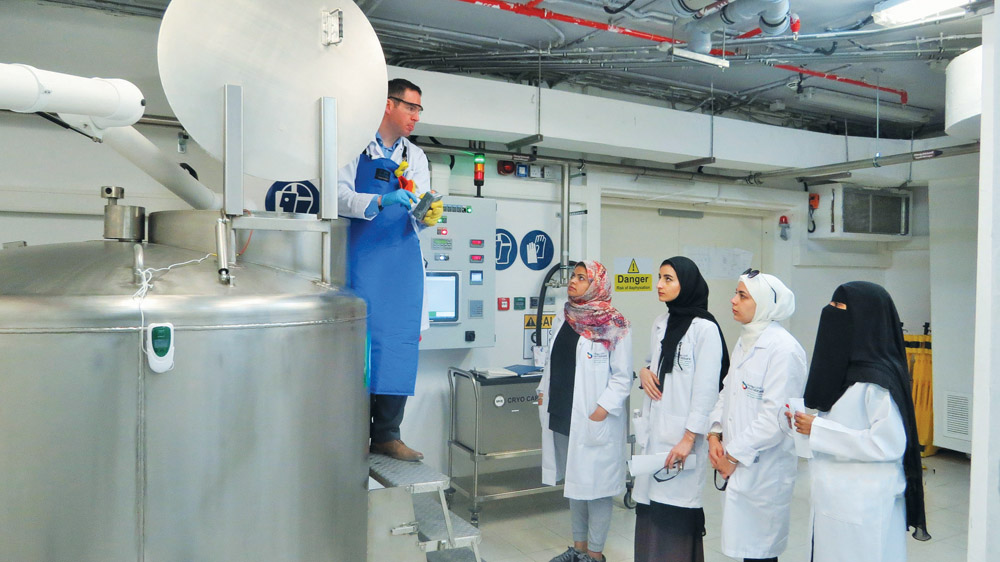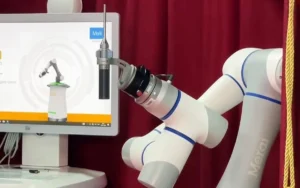Qatar Biobank to recruit 60,000 participants for medical health research

Doha Qatar: Qatar Biobank, a member of Qatar Foundation (QF), aims to recruit 60,000 participants for its medical health research initiative to improve the health of the local population through personalised medicine.
With an unwavering commitment Qatar Biobank has already achieved significant milestones in its decade-long journey. Qatar Biobank aims to usher in a new era of healthcare by tailoring medical interventions to individual genetic profiles and lifestyle factors.
As it marks a decade of scientific exploration, the flagship cohort study of Qatar Biobank has already successfully enrolled more than 36,000 participants with an additional 2,000 engaging in ongoing follow-up, underscoring the growing momentum of this vital research initiative.
In a video release, Qatar Biobank has highlighted its flagship cohort study.
The cohort study aims to collect high-quality biological samples and annotated data among Qataris over the age of 18 years and long-term residents who have lived in Qatar for at least 15 years to promote medical research. A follow-up study on the participants is done after five years of the first visit. All participants will consent to provide their biological samples and information to benefit research studies supporting translational medicine benefiting each patient.
The data collected by Qatar Biobank for the Qatar Genome Programme is giving scientists a unique insight into the causes, thus enabling the prevention of these diseases by way of personalised treatments in line with the genetic coding of an individual.
In a prior interview with The Peninsula, Dr. Nahla Afifi, the Director of Qatar Biobank, emphasised that researchers have successfully harnessed the samples from Qatar Biobank to extract significant insights regarding the health status of the local populace. Notably, these insights encompass the identification of elevated rates of diabetes, obesity, and vitamin D deficiency within the population.
These revelations are poised to empower researchers to formulate targeted recommendations for healthcare providers and policymakers. Such personalised guidance will facilitate the alignment of their efforts with the specific health conditions prevalent in the region.
Participants enrolled for the cohort study will first take part in an assessment session, which will last for less than three hours. A series of measurements, such as height, weight, grip strength, blood pressure, body composition, heart, and lung function will be recorded. Then samples of blood urine and saliva will be collected. All tests are entirely optional and participants will be able to opt out at any point.
Participants will also complete a questionnaire and provide some overall feedback on their experience at the Qatar Biobank centre. A full MRI Scan for the whole body and brain will be scheduled for a second visit, then another full visit can be done after five years.


